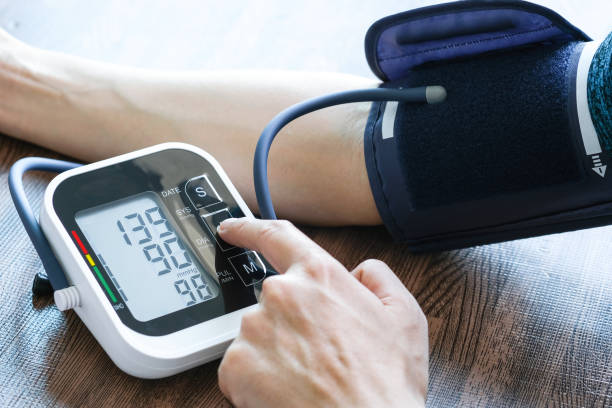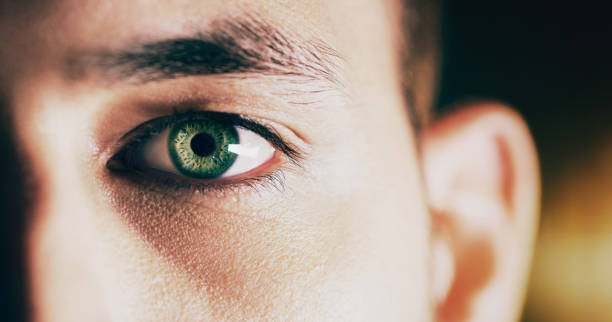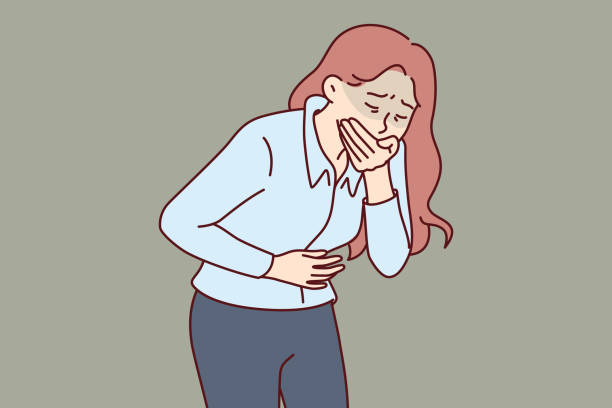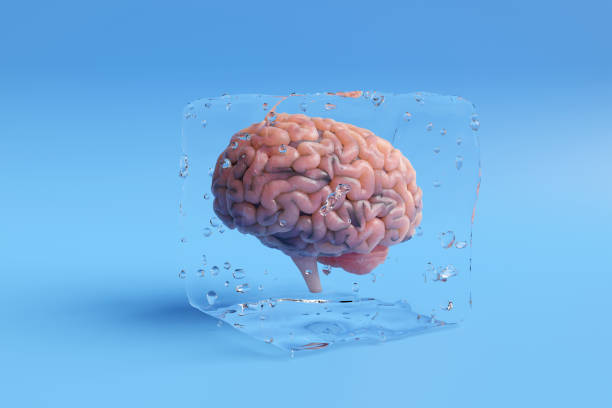
Another week, another round of medical trivia! Let’s dive into the questions we asked on Hive this week, uncover the correct answers, and break down why they’re right (and why the other options don’t quite make the cut).
Friday:
What does a sphygmomanometer measure?
Correct Answer: B) Blood pressure
A sphygmomanometer (try saying that three times fast!) is the fancy name for a blood pressure monitor. It consists of an inflatable cuff, a pressure gauge, and a stethoscope (or electronic sensors). Blood pressure is measured in millimeters of mercury (mmHg) and recorded as two numbers:
Systolic pressure (top number): The pressure when the heart beats.
Diastolic pressure (bottom number): The pressure when the heart rests between beats.
Why not the other options?
A) Heart rate: Heart rate is measured in beats per minute (bpm) using a pulse oximeter, ECG, or by simply feeling the pulse. Most modern BP machines would also measure heart rate, although that is not their primary function.
C) Oxygen levels: A pulse oximeter (not a sphygmomanometer) measures blood oxygen levels.
D) Body temperature: This is measured using a thermometer, not a blood pressure cuff.
Thursday:
Which part of the eye gives it its color?
Correct Answer: C) Iris
The iris is the pigmented part of your eye that determines its color (brown, blue, green, etc.). It also controls the size of the pupil, adjusting the amount of light entering the eye.
Why not the other options?
A) Retina: The retina is the light-sensitive layer at the back of the eye that sends visual signals to the brain.
B) Cornea: The cornea is the transparent front layer of the eye, responsible for focusing light but not for color.
D) Pupil: The pupil is simply an opening in the iris—it doesn’t have a color itself!
Wednesday:
A person with an overactive thyroid is most likely to experience...?
Correct Answer: C) Weight loss
An overactive thyroid (hyperthyroidism) speeds up the body's metabolism, leading to unintentional weight loss, increased appetite, rapid heartbeat, and sweating.
Why not the other options?
A) Weight gain: That’s more common with an underactive thyroid (hypothyroidism), not an overactive one.
B) Slow heartbeat: Hyperthyroidism often causes a fast heartbeat, not a slow one.
D) Cold intolerance: People with hyperthyroidism are more likely to experience heat intolerance because of their high metabolic rate.
Tuesday:
A 30-year-old pregnant woman has severe nausea and vomiting, is dehydrated, and losing weight. What’s this condition called?
Correct Answer: B) Hyperemesis gravidarum
This is a severe form of morning sickness that goes beyond the usual nausea in early pregnancy. It can lead to dehydration, weight loss, and electrolyte imbalances, sometimes requiring hospitalization.
Why not the other options?
A) Morning sickness: While morning sickness is common, it doesn’t usually cause severe dehydration or weight loss.
C) Food poisoning: Food poisoning is usually short-lived and often comes with diarrhea and fever, which aren’t key features of hyperemesis gravidarum.
D) Migraine: Migraines can cause nausea, but they don’t typically lead to severe vomiting and dehydration.
Interestingly, this was the only question no one attempted! Maybe it’s because hyperemesis gravidarum isn’t a term that comes up often—something to keep in mind for future trivia!
Monday:
Which part of the brain controls balance and coordination?
Correct Answer: C) Cerebellum
The cerebellum (Latin for “little brain”) is responsible for coordinating movement, balance, and fine motor skills. It helps you walk, catch a ball, and even type on a keyboard smoothly.
Why not the other options?
A) Cerebrum: The cerebrum handles higher cognitive functions like thinking, memory, and voluntary movements but isn’t the main player in balance.
B) Brainstem: The brainstem controls basic life functions like breathing and heartbeat, but it’s not primarily responsible for balance.
D) Hypothalamus: The hypothalamus regulates hormones, hunger, and body temperature—not movement and coordination.
Final Thoughts
This week’s trivia covered a range of medical topics. Whether you got them all right or learned something new, we hope you enjoyed testing your knowledge. Stay tuned for more next week!
Did any of these answers surprise you?



